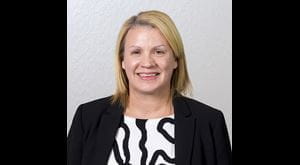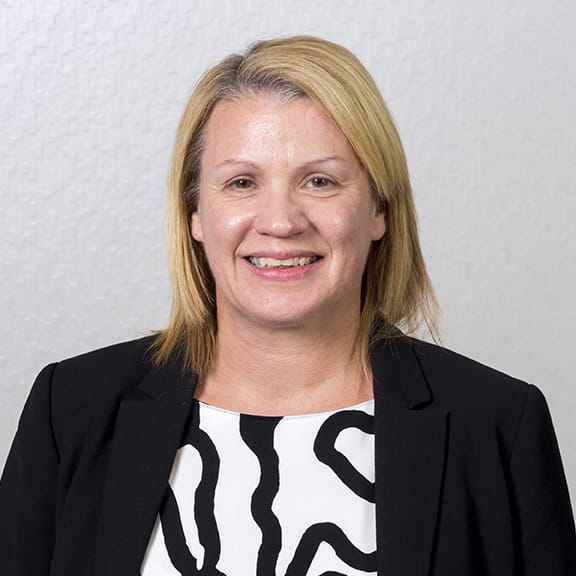 The type of evidence the Coroner is likely to require will be medical evidence e.g. from the deceased’s treating consultant and/or GP and evidence of their exposure to asbestos itself. The Coroner has discretion to decide whether a post mortem should be carried out. Whatever the circumstances, an inquest and all that goes with it can be a very difficult time for family and loved ones.
The type of evidence the Coroner is likely to require will be medical evidence e.g. from the deceased’s treating consultant and/or GP and evidence of their exposure to asbestos itself. The Coroner has discretion to decide whether a post mortem should be carried out. Whatever the circumstances, an inquest and all that goes with it can be a very difficult time for family and loved ones.
The purpose of the inquest
An inquest is a fact finding inquiry to establish who has died, when and where the death occurred and how death was caused. The deceased’s family have a right to participate in the inquest. An inquest is not a trial and does not apportion blame for the death. It is an inquiry into the facts surrounding a death.
The Coroner does have the power to investigate not just the main cause of death, but any acts or omissions which directly lead or contributed to the cause of death. However, it is not the Coroner’s job to blame anyone for the death. Proving fault would be part of any civil claim for compensation which might be pursued.
In an asbestos related disease case, an inquest can be useful if the deceased’s family intends to bring a compensation claim; for example, by ensuring that a post mortem takes place and that sufficient tissue samples are obtained and preserved.
The Coroner is limited in the range of conclusions that can be given about the cause of death at the end of an inquest. One of the conclusions can be industrial disease and such a verdict will be helpful if a claim for compensation is to be pursued.
Legal representation at an inquest
Sitting in an inquest as an unrepresented family member, listening to details of how your loved one died and what was discovered at post mortem, is a distressing ordeal to go through alone.
Having your own legal representation at an inquest means there is someone by your side who can help guide you through the process, explain what is happening and ask all the right questions of any witnesses on your behalf. Having a legal professional alongside you can also help with challenging procedural decisions and can assist if you wish to overturn a verdict and obtain a fresh inquest hearing because of inadequate inquiry by the Coroner.
Paying for representation at inquest
An additional worry for many grieving families on the death of an asbestos victim is how to secure and pay for specialist legal advice and representation at an inquest.
Legal aid specifically for representation at an inquest is only available in exceptional circumstances. If the deceased was a member of a trade union or professional association, or had legal expenses insurance, the costs of getting legal representation may be covered, subject to the terms of the union agreement or insurance policy.
Shoosmiths provide representation on a no win no fee basis through legal expenses insurance or on a fixed fee basis in asbestos-related disease cases if there is evidence that the death may have been caused by negligence and we are instructed to pursue a civil claim for compensation.

Pictured above: Sharine Burgess, a senior associate with Shoosmiths Solicitors specialising in personal injury and industrial diseases.
Disclaimer
This information is for educational purposes only and does not constitute legal advice. It is recommended that specific professional advice is sought before acting on any of the information given. © Shoosmiths LLP 2025


















